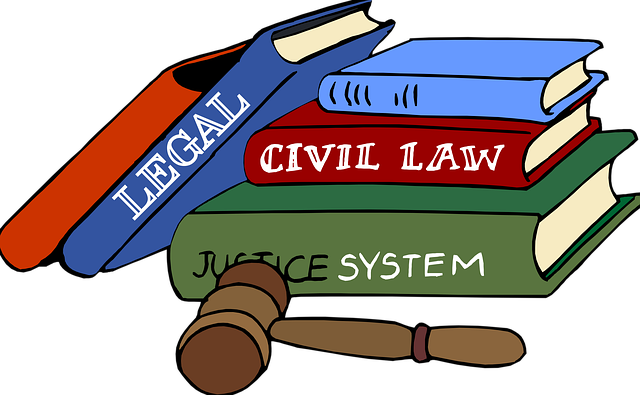Oregon's child welfare system offers robust legal protections with specialized navigating legal support from public and private organizations. Legal aid societies provide accessible representation, court-appointed attorneys advocate for children's well-being, empowering families to understand rights, challenge decisions, and make informed choices, preventing potential separation. Accessing this support is crucial for navigating complex procedures, demystifying court processes, and ensuring parental rights are safeguarded.
In Oregon, understanding legal support within child welfare is paramount for families facing challenging circumstances. This comprehensive guide explores the intricate landscape of legal frameworks governing Oregon’s child welfare system. We delve into accessing critical legal support, offering practical strategies for parents navigating complex processes. By providing an accessible roadmap, this article empowers families to advocate for their rights and successfully navigate the legal aspects of child welfare, ensuring a fair and just outcome.
- Legal Framework in Oregon Child Welfare
- Accessing Legal Support for Families
- Navigating Legal Processes: A Guide for Parents
Legal Framework in Oregon Child Welfare

Oregon’s child welfare system operates within a robust legal framework designed to protect and serve vulnerable children and families. The state has established comprehensive laws and guidelines that govern various aspects of child protection, including removal, placement, and case management. These regulations provide a structured approach to ensuring the well-being of children while also safeguarding the rights of parents or guardians involved in the process.
Navigating legal support is a critical aspect of Oregon’s child welfare system. Both public and private organizations offer specialized services to assist families. Legal aid societies, for instance, provide free or low-cost legal representation to qualified individuals, ensuring that their rights are protected throughout the welfare process. Additionally, court-appointed attorneys play a vital role in representing children’s best interests, offering impartial legal guidance and advocacy. This support is instrumental in helping families understand their options, challenge inappropriate decisions, and ultimately make informed decisions regarding their child’s future.
Accessing Legal Support for Families

Accessing legal support in Oregon child welfare cases is a crucial step for families facing potential separation or already involved in the system. Navigating this process can be intimidating, but numerous resources are available to help. Legal aid organizations, such as those affiliated with local bar associations, offer free or low-cost legal assistance to qualifying families. These organizations have attorneys who specialize in child welfare law and can provide guidance throughout the entire process.
Additionally, Oregon’s court system has programs designed to support parents and guardians. Court-appointed counsel is one such program where, if qualified, a family may receive a lawyer at no cost. This ensures that all parties involved have legal representation, promoting fairness during hearings and potential trials. There are also self-help centers offering educational resources and forms to assist families in understanding their rights and obligations.
Navigating Legal Processes: A Guide for Parents

Navigating the complex world of legal processes in Oregon child welfare can be daunting for parents, especially during challenging times. This guide offers a glimpse into how legal support can help them understand and advocate for their rights. By familiarizing themselves with the basics, parents can actively participate in decisions affecting their children’s futures.
Legal support provides clarity on laws and regulations related to child welfare, ensuring parents are well-informed. It includes assistance in understanding court procedures, explaining legal options, and representing their interests. With guidance from legal professionals, parents can navigate the system effectively, protect their rights, and ensure their voices are heard in any legal proceedings related to their children’s welfare.
